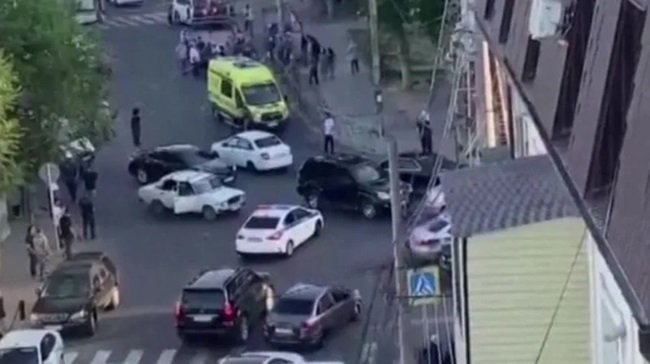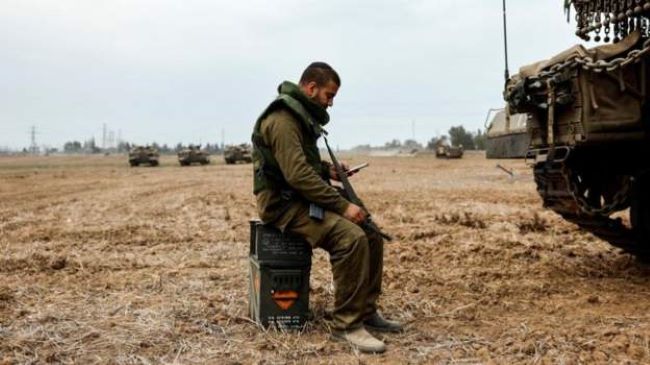23, June 2024
Russia: Deadly attacks on Dagestan synagogue and churches 0
Gunmen in Russia’s North Caucasus republic of Dagestan have killed six police officers in a series of attacks, security officials say.
Twelve other officers were wounded in the attacks, which targeted a synagogue and churches in the cities of Derbent and Makhachkala.
A Russian Orthodox priest has also been killed and two attackers shot dead, state media report, quoting the local Interior Ministry. Footage on social media shows buildings on fire.
The assailants have not been identified, but Dagestan has in the past been the scene of Islamist attacks.
An unofficial channel on the Telegram messaging app, Mash, said gunmen were barricaded in a building in Derbent.
Source: BBC



























23, June 2024
Malian singer Rokia Traore detained in Italy over child custody case 0
Malian singer Rokia Traore has been arrested in Italy over an outstanding two-year prison sentence in Belgium handed down in a child custody dispute, prosectors in Brussels said Sunday.
The singer and guitarist was sentenced in absentia in October on charges of parental abduction, after fleeing France in 2020 when she was due to be handed over to Belgian authorities.
Italian media reported that the award-winning musician was arrested at Fiumicino airport in Rome on Friday after she flew into the country for a concert.
A spokesperson for the airport told AFP that border police had confirmed her arrest. There was no official confirmation from the Italian authorities.
Prosecutors in Brussels told AFP that “Ms Traore’s arrest in Italy follows a decision by the Brussels Criminal Court on October 18, 2023, which sentenced her in absentia to two years imprisonment for failing to hand over a child to the person entitled to custody”.
Traore had been arrested in Paris in March 2020 on a European arrest warrant over a Belgian court ruling ordering her to return her daughter, now aged nine, to the child’s Belgian father.
She later defied a ban on leaving France and flew home to Mali several months later, before she could be sent to Belgium.
A lawyer for the child’s father said he had not had any contact with his daughter, who lives in Mali, since she turned four.
The lawyer said the father had offered to draw up a new custody agreement with Traore, validated by Malian and Belgian courts, to “find a way out of this nightmare and guarantee their child a future with two parents”.
Beyond her feted music career, Traore is also known for her advocacy work for refugees, and was made a UN ambassador for refugees in 2015.
Source: AFP